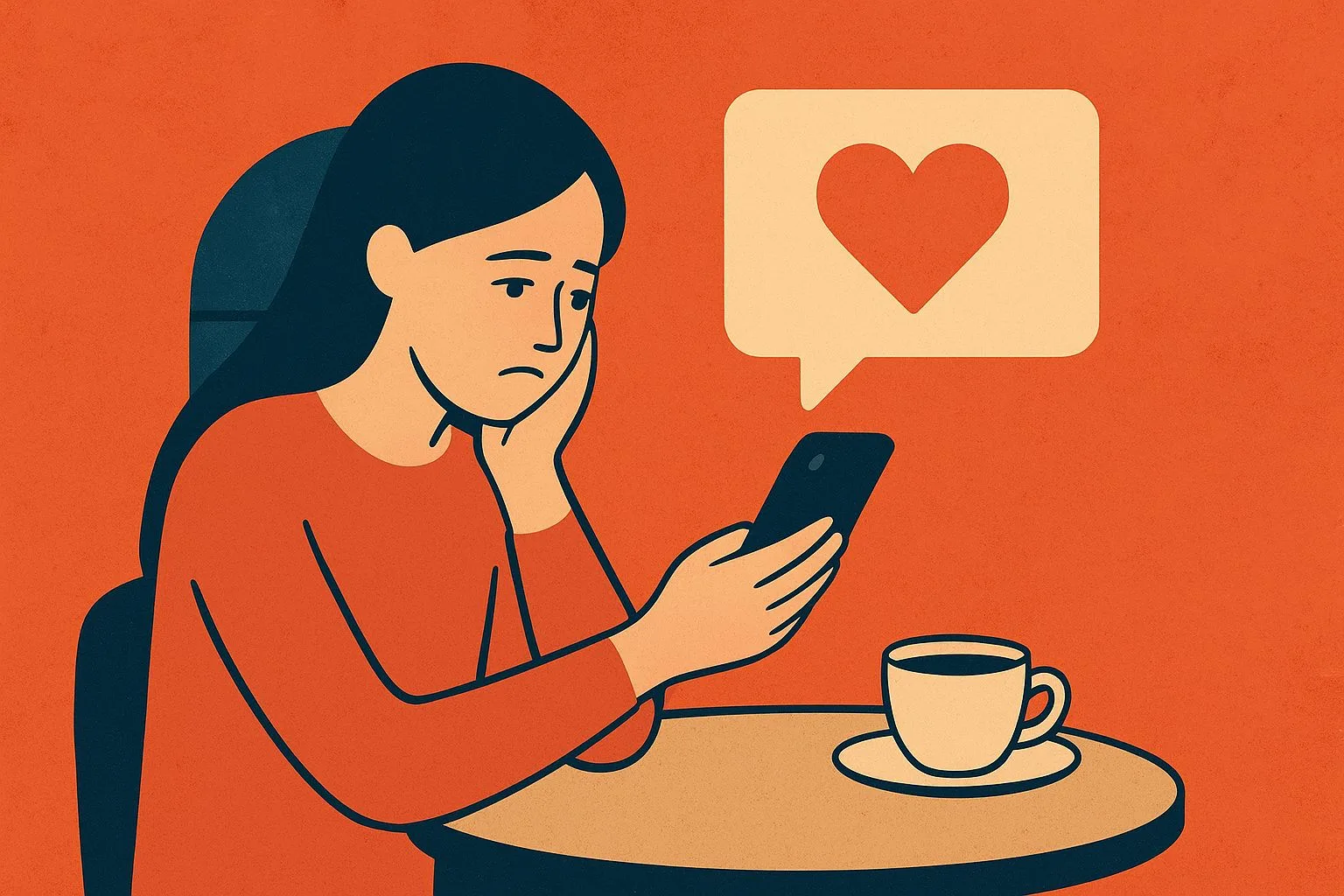Rabat – Loneliness isn’t just a feeling; it’s a crisis that kills more people each hour than many realize. The World Health Organization (WHO) reports that between 2014 and 2019, over 871,000 lives per year were linked to loneliness, equivalent to 100 deaths every hour.
It’s recognized as a global health emergency, on par with smoking or obesity.
Scientists have dug into the biology behind loneliness, and it’s brutal. Chronic social isolation triggers elevated blood pressure, inflammation, immune dysfunction, and even DNA changes in immune cells.
One study found lonely older adults had higher mortality risk than their socially connected peers, while Glucocorticoids and corticotropin-releasing hormone (CRH), which are neuropeptides linked to stress, are found at higher levels in lonely people.
However, while health experts call for connection, corporations are singing a different tune, tapping into our pain to boost profits.
Startups like Papa (elderly companions, $240M raised, approximately MAD 2.17 billion), Pie (real-life meetups), and 222 Place (AI-powered social encounters) are growing fast, each promising a remedy to social isolation.
Meanwhile, AI companions such as Replika, Character.ai, and ElliQ (a social robot designed for seniors) offer emotionally responsive conversations.
They’re wildly popular with Replika owning over 35 million users, and Character.ai securing a $150 million (approximately MAD 1.36 billion) valuation. This market could top $140 billion (approximately MAD 1.27 trillion) by 2030, outpacing early social media growth rates by 150%, according to experts.
There’s some good news, though. AI can genuinely help. A 2024 study showed AI companions reduced loneliness similarly to real human interaction over a week. Yet, outcomes varied as some users felt more isolated.
This behind-the-screen boom isn’t harmless. A KU researcher stated that “true friendship is about mattering to another person, not a checklist of benefits to be extracted or behaviors to be enacted.”
The researcher explained that this is where bigger risks can emerge. For example, he said to “consider the financial scams perpetrated on lonely people,” he continued by saying that a personalized, always-available AI friend would be dangerous.
Given the high rates of loneliness, the researcher noted that people are “hungry for intimacy.” He added that human needs “are not designed to be permanently fulfilled; they are designed to be temporarily satisfied.”
AI is being used to “solve” loneliness, and that’s a problem. By packaging isolation as a product, companies embed the very problems they claim to solve.
At last, we’ve arrived at a dark irony where corporations monetize the collapse of our social fabric, incentivizing digital substitutes over real connection.
We pay for artificial intimacy, while true human bonds fray in the background. The WHO insists that fixing loneliness isn’t optional; it’s essential.
















